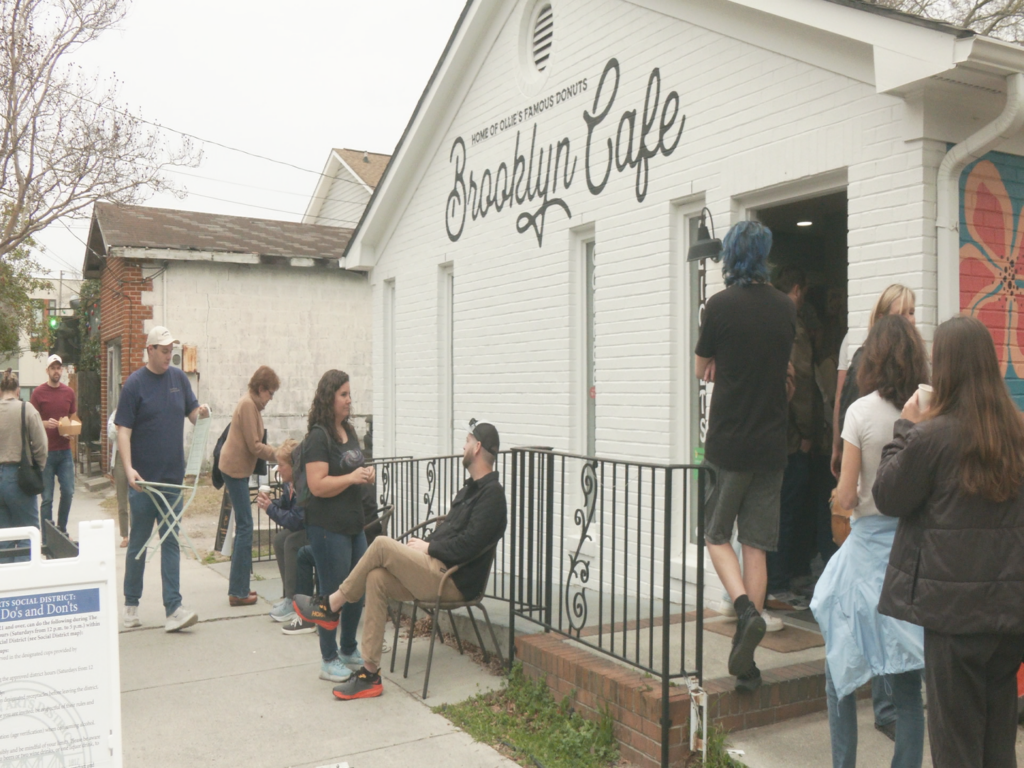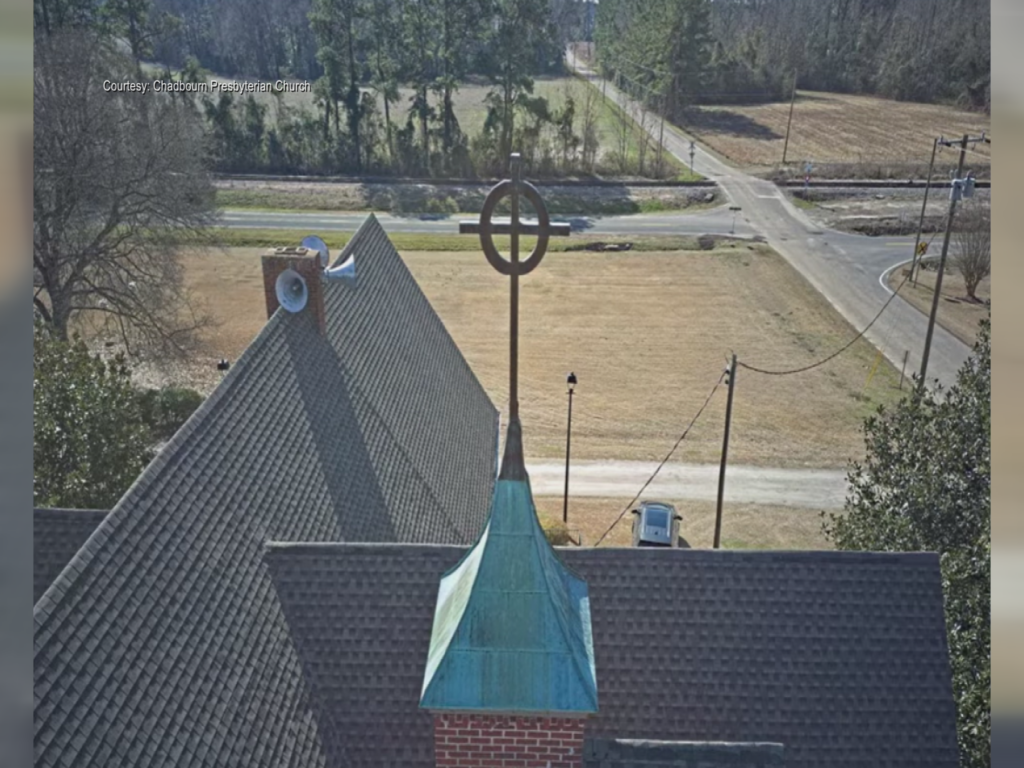From pause to pinch: Navigating the return of student loan payments amid economic uncertainty
WILMINGTON, NC (WWAY) — Millions of Americans are opening their wallets to resume paying back their student loans in October.
For the past three years, borrowers had the opportunity to press pause on the payments thanks to programs designed to alleviate financial burdens throughout the pandemic.
“The pause has allowed them to save for homes, to go out more, to eat out more, to go to concerts,” Dr. Mouchine Guettabi said. “So, a lot of people essentially now have lived very different lifestyles than the ones they could afford three or four years ago.”
Dr. Mouchine Guettabi is an associate economics professor and regional economist in UNCW’s Swain Center.
As people begin to add those payments back into their monthly budgets, Guettabi says they will likely be cutting back in other areas.
“The average person with student loan debt just doesn’t have an additional $800 that’s floating around,” Guettabi said. “So this either means less savings, it either means less money put aside to buy a home, or it means some of these lifestyle changes that we’ve described.”
With housing affordability at an all time low, Guettabi says this will likely make it even more difficult for people to become homeowners.
On a more positive note, Guettabi says even though inflation continues to rear its ugly head, some wages have gone up as well. This could mean that some people won’t have to make major adjustments.
While most people don’t begin repaying loans until after graduation, UNCW freshman Carson Beal says his upperclassmen friends are bracing for impact as they prepare to turn their tassels.
“Loans are such a heavy burden after college. Getting a job, not having as much money or funds as you would later on into a job,” Beal said.
No one has a crystal ball, so when we may see the impact of people reprioritizing their money is unclear.
“We know the economy is slowing down. There is no doubt about that, but how fast is it slowing down? To what extent does this punch potentially push us into a recession? Is the million dollar question…or the trillion dollar question,” Guettabi said.
There are more than 47 million people with federal student loan debt. The average borrower’s student debt balance is more than $37,000.




